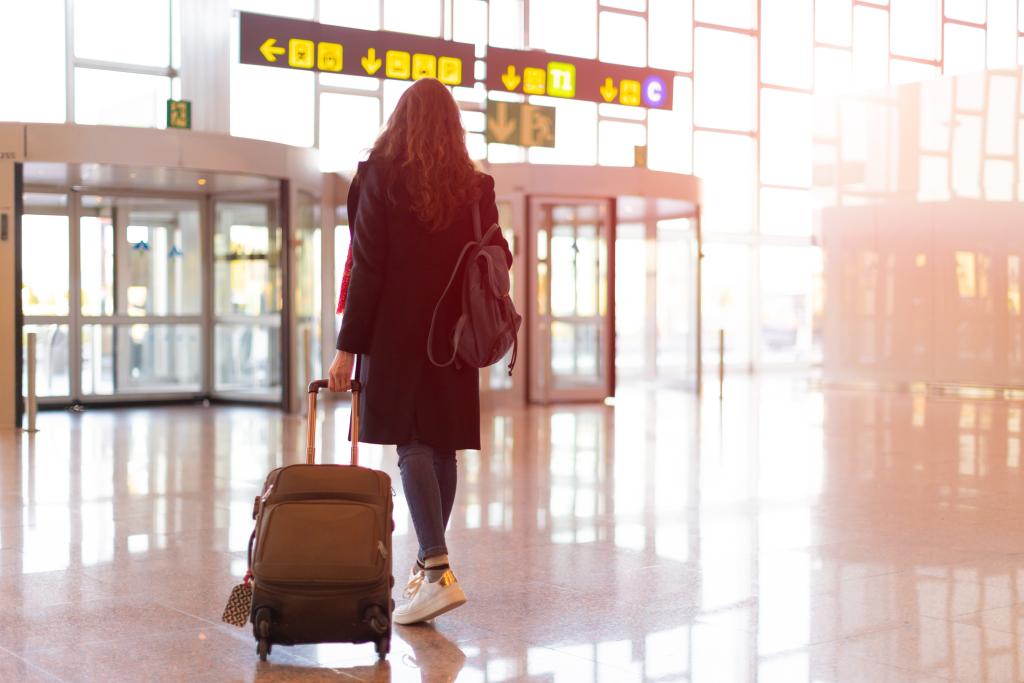
Even though it seems like a long way off, in fact, now might be a good time to start thinking about visiting family over the holidays – especially if you need a visitor visa to do so. If you are from a certain list of countries, you may be what is known as a “visa national”. This means you will need to apply, and be granted permission, to come to the UK in advance of travelling.
Visitor visa
In the year ending March 2024 the Home Office granted 2,012,000 Visitor visas. In this same time period 522,698 Visitor visa applications were refused, making up 21% of the total application that were considered. This proves that, whilst it may seem like a straightforward application, in practice it might not be the case. Especially considering that a refusal of a visit visa is likely to impact future applications.
Visitor visas can be used for many different purposes, for example, to visit family, run the London Marathon, complete an educational course (up to six months), attend certain business meetings or interviews, or volunteer (up to 30 days) with a registered charity. A Standard Visitor Visa permits stays of up to six months. If however, you have family in the UK and would want to visit them yearly, it may be interesting to apply for a 2, 5, or 10 year long-term Standard Visitor visa, which could save money and time.
Common pitfalls
Common pitfalls associated with these applications come down to incomplete or inaccurate information and the applicant’s credibility as a genuine visitor. According to the Home Office guidance, if the Home Office caseworker is not satisfied the applicant is a genuine visitor, they must refuse the application. The guidance further provides the factors to assess whether someone is a genuine visitor:
- Previous immigration history, including visits to the UK and other countries;
- The duration of previous visits and whether this was significantly longer than they originally stated on their visa application or on arrival;
- Their financial circumstances as well as their family, social and economic background;
- Their personal and economic ties to their country of residence;
- The cumulative period of time the applicant has visited the UK and their pattern of travel over the last 12-month period, and whether this amounts to ‘de-facto’ residence in the UK;
- Whether, on the balance of probabilities, the information and the reasons for the visit or for extending their stay provided by the applicant are credible and correspond to their personal, family, social and economic background.
Applicant’s country of origin
Whilst the Home Office should not rely on generalised grounds, applicants from certain countries may experience more difficulties, especially when an applicant’s country of nationality is considered a conflict zone. This is why it can be vital to get legal input at the outset of any application from a country which is considered a conflict zone, or where there may be other factors which could work against an applicant.
Family ties
Home Office caseworkers are specifically asked to consider the extent of family ties the individual has with relatives in the UK as a basis to refuse an application. This can especially be a problem when the applicant has had a previous application to join family members in the UK rejected. These applications do not necessarily mean the application will fail, but it is advisable to get legal support for such applications so as to avoid wasting money on an unsuccessful application.
Business activity or prohibited work?
With remote working and jobs like travel blogging and social media influencers becoming more common, the line between allowed business activities and prohibited work has blurred. The Home Office guidance notes ‘where the applicant indicates that they intend to spend a large proportion of their time in the UK and will be doing some remote working, you should ensure that they are genuinely employed overseas and are not seeking to work in the UK.’ This is another obstacle which may need to be surmounted and which our immigration team will be able to assist with.
The above outlines just some of the common points to bear in mind when a non-visa national considers making an application to visit the UK. Our specialist Immigration team would be happy to talk through your individual case and help you navigate the application system in time to see your loved ones this festive season.
This article was written jointly by Abigail Grace, Solicitor, and Rebecca van der Veer, paralegal, in our specialist Immigration team.
